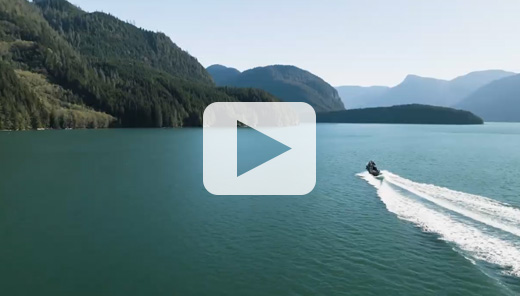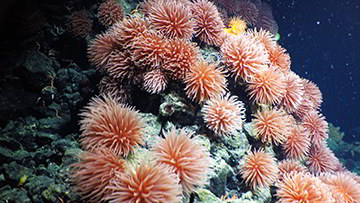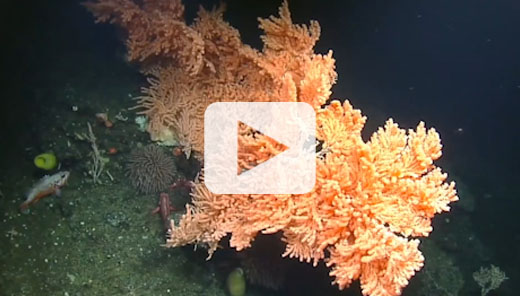Protecting Canada's oceans by 2030 and beyond

Whether you live next to the ocean or not, it plays a key role in all our lives. The ocean feeds us, creates jobs in our communities, and sustains life itself by producing over half the oxygen we breathe.
Healthy oceans are critical to fighting climate change and protecting marine life. That's why Canada has committed to conserving 30% of our marine and coastal areas by 2030.
We're not doing it alone. Provinces and territories, Indigenous Peoples, marine industries, environmental organizations and academia are working with us to help reach these ambitious targets.
There are plenty of actions you can take too. Our oceans need us. See how you can help.
Get involved

Have your say

What we've done
To date, Canada has protected 15.54% of its oceans. We did this through:
- Draft Ocean Noise Strategy for Canada
- the Oceans Act Marine Protected Areas led by Fisheries and Oceans Canada
- National Wildlife Areas led by Environment and Climate Change Canada
- National Marine Conservation Areas led by the Parks Canada Agency
- other effective area-based conservation measures
To help us establish these areas and protect the species within them, we use the:
- MPA Protection Standard (2023)
- Guidance for Recognizing OECMs (2022)

Discover how the Mamalilikulla (Mama-lee-lee-kalla) First Nation and DFO are working together to protect marine life in the Gwa̲xdlala/Nala̲xdlala (Lull/Hoeya) marine refuge.
What we are doing now
Work is ongoing to reach our marine conservation targets. Our work remains grounded in science, traditional Indigenous Knowledge and local perspectives.
Ongoing efforts

Latest news
- Protecting more of our marine ecosystems together, for future generations
- Qikiqtani Inuit Association Signs AIP to Advance the Qikiqtani-Project Finance for Permanence Project
- Protecting more nature in partnership with Indigenous Peoples
- First marine refuge within the Northern Shelf Bioregion is established
- Government of Canada and coastal First Nations announce progress to protect a large ecologically unique ocean area off the Pacific West Coast
- The Government of Canada invests in world-class ocean monitoring system to enhance Canada's ocean protection for the next generation
- Date modified:
